Managing Risk & New Payment Models
The Members in Action series highlights how hospitals and health systems are implementing new value-based strategies to improve health care affordability. This includes the work described below to manage risk and new payment models.
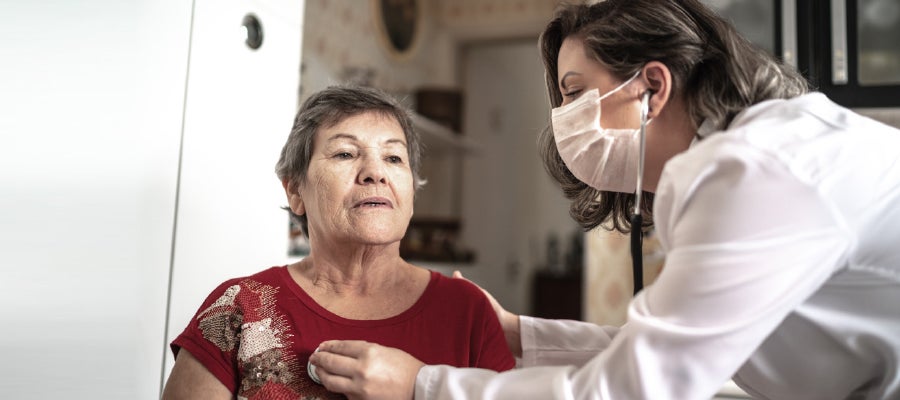 | NewYork-Presbyterian, New York, N.Y. When patients from specific neighborhoods come to NewYork-Presbyterian for medical care, they are now screened for social determinants of health and linked to community resources to support their return to health and wellness. Integrating SDOH screenings into primary care visits has driven a culture shift among clinical staff enabling clinicians to easily identify patients for whom prevention and early intervention might mitigate social needs, resulting in fewer ED visits and avoidable readmissions. Additionally, providers in the ED are developing their own curriculum on social emergency medicine to educate future emergency providers and medical residents. Click here to learn more. |
 | Trinity Health – Livonia, Mich. Trinity Health’s Transforming Communities Initiative collaborates with local stakeholders to drive health improvements and policy changes at local and statewide levels. TCI has influenced public policy in eight states related to physical activity and healthy food options in schools, breastfeeding, and age limits for purchasing tobacco and vaping. Click here to learn more. |
 | Intermountain Healthcare – Salt Lake City, Utah Intermountain Healthcare improves patient outcomes and reduces costs by integrating behavioral health into every patient visit and normalizing mental health care as routine medical care. Click here to learn more. |
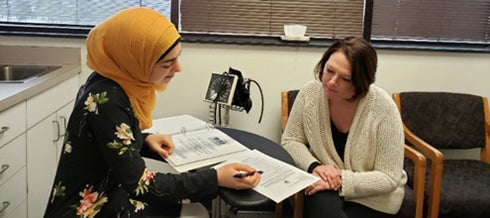 | Integrated Healthcare Associates, Trinity Health – Ann Arbor, Mich. IHA implemented a social determinants of health screening and referral program in an effort to connect with patients, and meet the requirements of the State Innovation Model Patient-Centered Medical Home Initiative. IHA received positive responses from patients regarding the screening process, and developed partnerships with multiple community resource agencies and provider organizations to better address patient needs. Click here to learn more. |
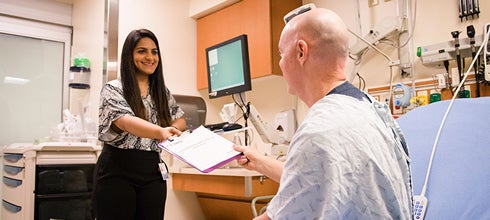 | Baylor Scott & White Health – Waco, Texas Baylor Scott & White Health’s Community Advocates Program trains undergraduate student volunteers to screen patients for their medical and social needs and link them to existing resources in the community. The 30-day readmission rates of enrolled patients dropped by 87.5%. Click here to learn more. |
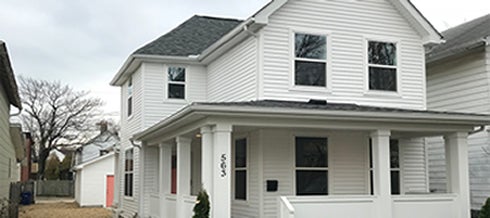 | Nationwide Children’s Hospital – Columbus, Ohio Nationwide Children’s Hospital wanted to make its surrounding neighborhoods a better place to live and work for its patients and employees. Through the Healthy Neighborhoods Healthy Families initiative, Nationwide and other stakeholders facilitate access to affordable housing, health and wellness programs, and workforce development opportunities. Click here to learn more. |
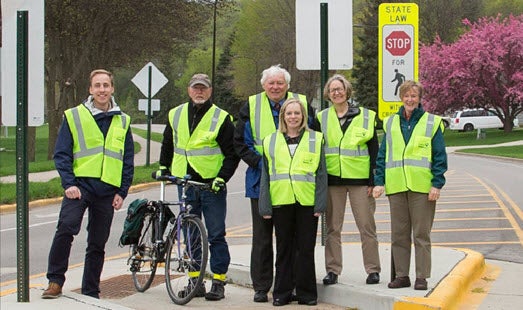 | New Ulm Medical Center – New Ulm, Minn. Through community partnerships and research, New Ulm Medical Center (NUMC) is collaborating to prevent cardiovascular disease and improve the health status of local residents. This critical access hospital is part of Allina Health. Click here to learn more. |
 | Lawrence General Hospital – Lawrence, Mass. Lawrence General Hospital joined with the city's leaders to launch “Healthy on the Block,” which partners with neighborhood convenience stores to offer fresh fruit in areas that are considered a food desert. The hospital is hoping access to fresh food will lower the rate of diabetes for residents, which is the highest in Massachusetts. Click here to learn more. |
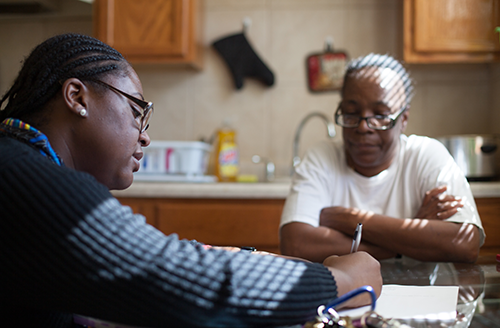 | Sinai Health System, Chicago, IL Sinai Health System program uses community health workers to help asthma patients live active lives without frequent visits to the ED. The Asthma CarePartners program has reduced asthma symptoms in patients and significantly decreased ED visits and hospital days. Sinai also estimates $3 to $8 in health care costs are averted for every $1 spent on the program. Click here to learn more. |
 | Genesis Health System – Davenport, IA Genesis Health System’s employee wellness program financially rewards employees and their spouses for meeting biometric targets. Now in its tenth year, the program boasts a 95% participation rate and cumulative savings of $53 million. Click here to learn more. |
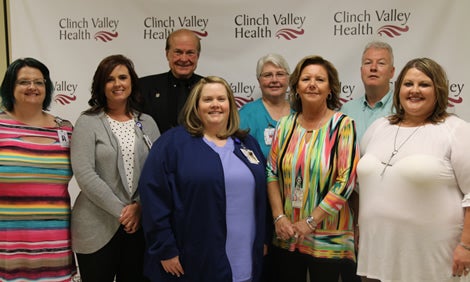 | Clinch Valley Medical Center–Richlands, VA Clinch Valley Medical Center’s Bridge Program helps improve patients’ health, decrease readmissions and reduce costs. Team members make home visits to recently discharged patients to address upstream health issues and social determinants of health that may hinder patients’ recovery and well-being. Click here to learn more. |
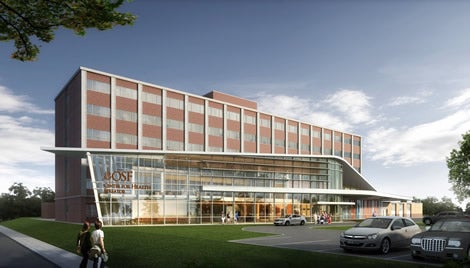 | OSF HealthCare – Peoria, IL OSF HealthCare uses the software platform, Iris™, to connect clinicians and CBOs to follow patients in both health care and community settings to ensure they receive the services they need to support their health and wellness goals and prevent hospitalization. Click here to learn more. |
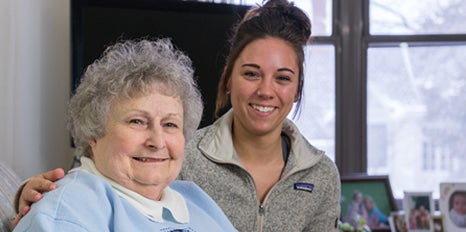 | Winona Health – Winona, MN At Winona Health's CCN improves patients’ health and quality of life by focusing not only on the client’s medical health, but also on social determinants. Click here to learn more. |
 | Mount Sinai Health System – New York, NY At Mount Sinai Health System, patients in the joint replacement program have a single point of contact – beginning before admission, to surgery preparation through the recovery process – that leads to a more coordinated, lower-stress care experience. Click here to learn more. |
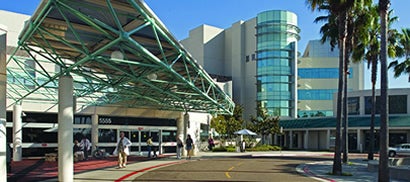 | Sharp Grossmont Hospital – San Diego, CA Sharp Grossmont Hospital collaborates with community organizations to connect those patients identified as “high-risk” through a comprehensive screening tool with resources provided by community organizations. Click here to learn more. |

